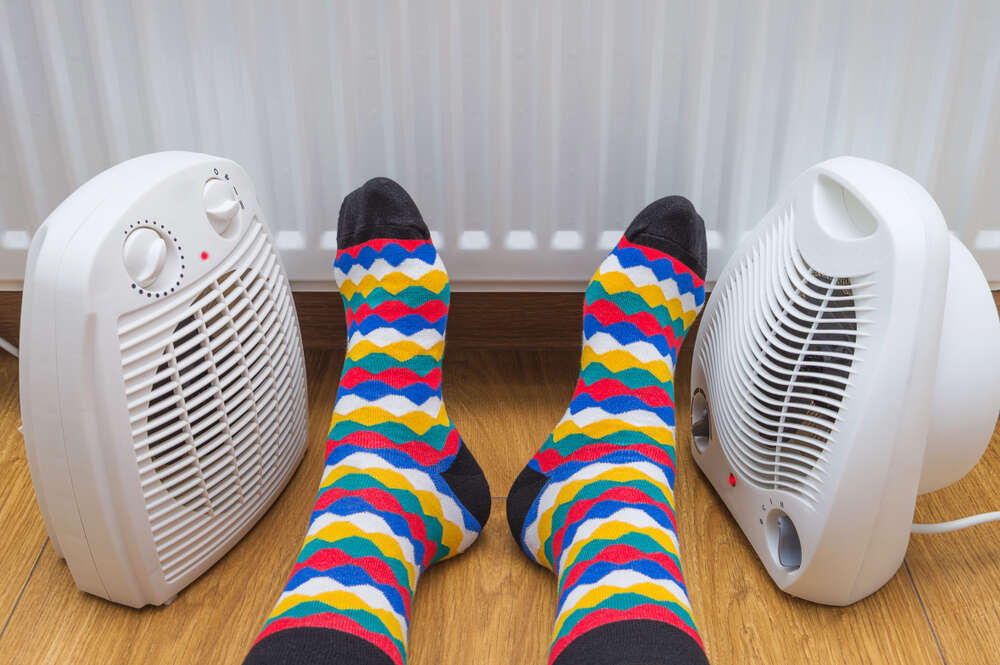Is it true that women are colder than men? Temperature preferences appear to vary by sex. In general, men prefer colder environments while women often choose warmer environments.
Research shows that women tend to perform better in certain skills when the temperature is slightly warmer, making them more productive, while men tend to perform better when the temperature is slightly cooler. Another study found that there is a reason why men and women often fight over the air conditioner remote control – standards for heating and cooling buildings and offices tend to favor male comfort.
There are several reasons why women tend to be more sensitive to the cold. They’re usually smaller, meaning they have a relatively higher skin-to-volume ratio, which makes them lose heat faster, says Boris Kingma, a thermophysiologist at TNO, an applied science research organization in the Netherlands. They also have less muscle tissue that produces heat as well as a lower metabolic rate — the process that produces heat by turning calories into energy, he said.
“Smaller people’s bodies usually have to react faster to protect themselves from the cold,” he said, “and this is consistent with feeling cold and uncomfortable.”
Studies have shown that women tend to have a lower skin temperature, especially in the hands, which can make them feel colder than men. A study in The Lancet found that of 219 people, women’s hands were about 3 degrees Fahrenheit colder than men’s, but women had a higher average body temperature, which appeared to be influenced in part by menstrual cycles. When the core temperature is only a few tenths of a degree higher and the skin temperature is a few degrees lower, the feeling of cold will be more affected by the skin temperature, Kingema said.

Core body temperature may change during and after menopause. A drop in estrogen can contribute to hot flashes, night sweats and sensitivity to temperature, says Jewel Kling, chair of women’s health internal medicine at the Mayo Clinic in Arizona.
Women are also at a higher risk of developing certain chronic diseases and autoimmune conditions, including a disease that causes an underactive thyroid gland, which can lead to sensitivity to cold, among other symptoms.
What else should you know:
Researchers at Tel Aviv University’s School of Zoology studied birds and bats and saw that at higher altitudes or in cooler environmental temperatures there is a higher proportion of males, and vice versa – in warmer conditions there is a higher proportion of females, says Eran Levin, professor of zoology and the lead author of the study.

They hypothesized that sex-linked temperature preferences may have evolved because geographic separation reduces competition for resources and helps females protect their young.
“This discovery has profound implications,” Levin wrote in an email. “It reminds us that as humans, we are not extraordinary creatures but mammals, and our experiences with the environment align with those of other mammals.”
Bottom line: In general, many women tend to be more sensitive to the cold than men. However, hormonal changes, certain medical conditions, and other factors can affect temperature sensitivity.


